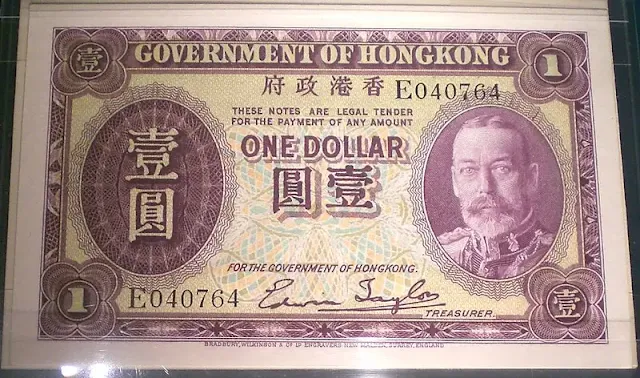The Hong Kong Dollar (HKD) is the official currency of Hong Kong, a Special Administrative Region of the People's Republic of China. The currency plays a crucial role in the city's economy and financial system. Let's delve into the history, features, exchange rate mechanism, and significance of the Hong Kong Dollar.
History:
The Hong Kong Dollar has a rich history dating back to the 19th century. During the early colonial period, various foreign currencies, such as Spanish dollars, Indian rupees, and British pounds, were in circulation. In 1863, the Hong Kong and Shanghai Banking Corporation (HSBC) began issuing banknotes in the local currency. The government then took over the issuance of currency in 1935 and established the Currency Ordinance, formalizing the Hong Kong Dollar as the official currency.
Features:
The Hong Kong Dollar is denoted by the currency code "HKD" and the symbol "$." It is subdivided into 100 cents, with coins available in denominations of 10, 20, and 50 cents, as well as 1, 2, 5, and 10 dollars. Banknotes are issued in denominations of 10, 20, 50, 100, 500, and 1000 dollars. The designs of the banknotes showcase significant Hong Kong landmarks, cultural motifs, and prominent figures.
Exchange Rate Mechanism:
The Hong Kong Dollar operates under a linked exchange rate system. Since 1983, the currency has been pegged to the United States Dollar (USD) at a rate of approximately 7.8 HKD per USD. This peg is maintained within a narrow trading band, with the Hong Kong Monetary Authority (HKMA) actively intervening in the foreign exchange market to ensure the stability of the exchange rate. The linked exchange rate system serves to maintain Hong Kong's monetary stability and facilitate international trade and investment.
Significance and Role:
The Hong Kong Dollar's stability and convertibility have made it a trusted currency in global finance. Hong Kong has a robust and open economy, and its currency is widely accepted both domestically and internationally. As one of the world's leading financial centers, Hong Kong sees significant foreign exchange trading and serves as a hub for international financial transactions.
The Hong Kong Dollar's role extends beyond domestic usage. It is often used for trade and investment in the region, especially in dealings with Mainland China. The currency's convertibility allows for seamless cross-border transactions, supporting Hong Kong's position as a gateway between China and the rest of the world.
The Hong Kong Dollar also reflects the economic conditions and sentiments within the city. Fluctuations in its exchange rate can indicate shifts in market expectations, investor confidence, and the overall health of Hong Kong's economy. As a result, policymakers and market participants closely monitor the Hong Kong Dollar's performance and exchange rate movements.
Furthermore, the Hong Kong Dollar's stability and attractiveness have positioned it as a key currency for offshore financial activities. Hong Kong's deep capital markets, including its stock exchange and bond market, attract global investors seeking opportunities in the Asian region.
In conclusion, the Hong Kong Dollar holds a vital place in Hong Kong's economy and financial system. Its history, stability, and convertibility contribute to the city's status as a global financial hub. The currency's linked exchange rate mechanism and widespread acceptance support international trade, investment, and financial activities in and around Hong Kong.






0 Comments